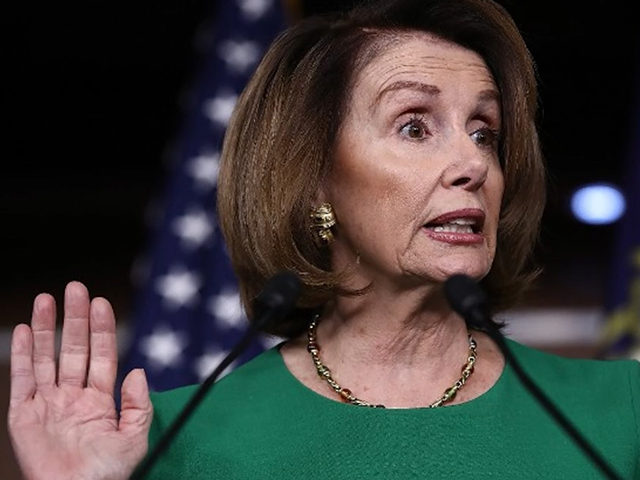After the Congressional Budget Office released its score on the house Republicans’ Obamacare replacement bill, House Minority Leader Nancy Pelosi slammed the GOP, saying their bill would push 24 million people out of health care.
She called that a “remarkable figure. It speaks so eloquently to the cruelty of the bill.”
Yet Health and Human Services Secretary Tom Price offered a different perspective, one informed by his experience as a physician.
He said quote “the CBO report’s coverage numbers defy logic,” he said, adding that CBO’s “assumptions do not translate to the real world, and they do not accurately estimate the effects of this bill.”
So whose interpretation is correct?
Here’s the critical flaw: CBO tends to overestimate the government’s ability to control costs while underestimating the market’s ability to control costs.
Consider three examples:
- CBO overestimated Obamacare’s exchange enrollment numbers by about 120 percent. CBO predicted 22 million Americans would enter exchange plans, yet only 10 million enrolled.
- CBO underestimated Obamacare’s impacts on private health insurers. CBO assumed private health insurers would be profitable under Obamacare, but many lost money, leading to the death spiral Congressional republicans predicted.
- CBO underestimated the market’s ability to control costs within Medicare Part D, the prescription drug benefit. In 2013, Medicare Part D has cost more than 30 percent less than initially projected by CBO in 2004.
If CBO is making similar miscalculations today, Price’s statement is correct while Pelosi’s rhetoric isn’t accurate.
The driving principle behind the House GOP bill is that the best way to provide care for everyone is to focus on the individual. Shifting power away from Washington and toward individuals in a patient-centered system would let market forces and consumer choice drive down costs.
So the CBO is being objective. Yet, it is being objective about a narrow slice of reality it can measure and quantify. The real world is more complex and dominated by economic forces that are real yet unseen.

